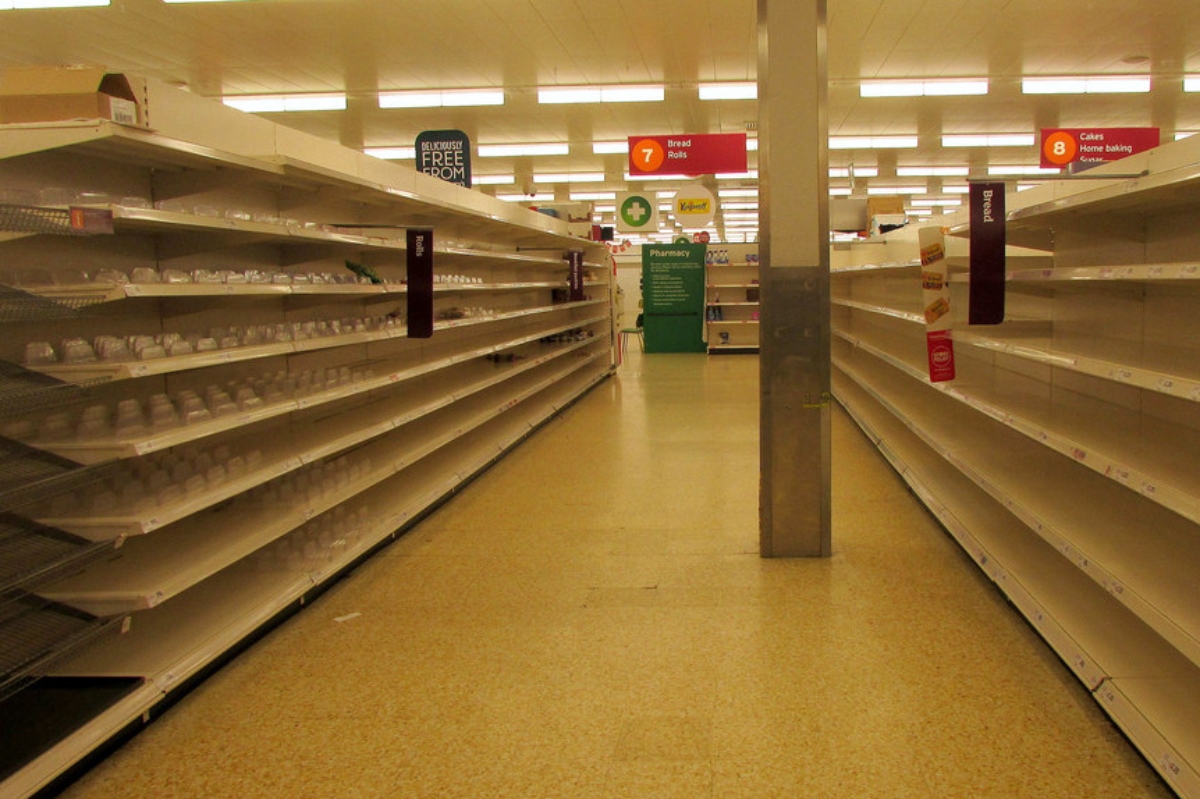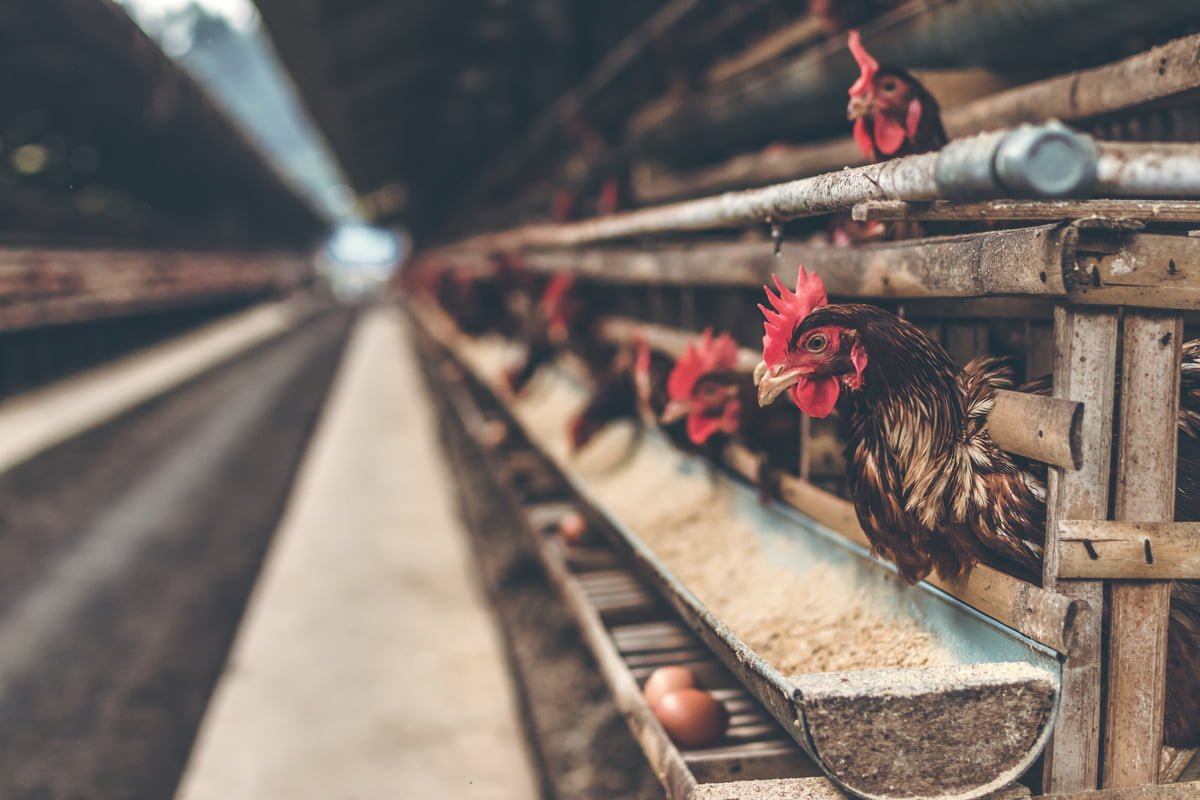Britain is in the midst of a national egg shortage, with empty shelves and rationing at many supermarkets. This is simply the tip of the iceberg of a serious crisis in the farming industry, which looks set to get much worse in the coming months.
Supermarket bosses have laid the blame for this shortage on the current wave of avian flu, which first broke out in October 2021. As a result, nearly four million birds have been culled in Britain, of which some 750,000 have been killed in the last two months alone.
Alongside culling, free-range farmers have been ordered to keep their birds inside indefinitely to limit infections from the wild bird population. But this is no long-term solution. Not only are concerns over animal welfare raised by potential overcrowding, as is seen on battery farms, but containing birds in this way makes it easier for various diseases to develop and spread.
The unexpected costs of housing potentially millions of hens also further exacerbates what farmers are arguing is the actual root of the egg industry crisis: falling profits.
Unprofitable
Supermarket egg prices have risen by 45p since March, but little of this money has been passed on to farmers. At the same time, increasing energy prices and disruption to grain production in Ukraine means production costs have skyrocketed.
Some farmers are seeing a loss of up to two-and-a-half pence per egg laid, which quickly adds up. As a result, many farmers have cut back production or left the industry entirely, leading to the shortages seen today.
However, this crisis is not one unique to egg production, but is symptomatic of a wider crisis in the farming industry.
Shortages of everyday fruit and vegetables such as tomatoes and cucumbers are also expected in the near future. Growers across Europe have reported that their production may be reduced by up to 50% as winter crops are not planted, and greenhouses are shut down due to rising costs.
Reduced supply and rising production costs will further worsen food price inflation, when workers’ living standards are already being hammered. All whilst the big supermarkets and energy companies continue to make bumper profits.
Anarchy of the market
 Again, these shortages cannot be blamed simply on an outbreak of disease or the climate crisis, although these are indeed factors. The primary reason for these coming shortages is production for profit.
Again, these shortages cannot be blamed simply on an outbreak of disease or the climate crisis, although these are indeed factors. The primary reason for these coming shortages is production for profit.
Farmers’ costs are rapidly rising, particularly for crops which need energy intensive greenhouses or refrigeration. Therefore many farmers are choosing to reduce or mothball their production, rather than lose money.
As the anarchy of the capitalist system continues to squeeze farmers, the industry will face many more supply chain issues in the coming period.
The problem is not just confined to the point of production. In the UK alone, £60 million of food wastage occurred last summer due to a shortage of the low-paid, seasonal labourers the industry depends upon. Ultimately this is due to the dire wages and working conditions found in the sector, which are relied on to generate profits.
And globally, one third of all food produced goes to waste because its distribution is planned privately for profit. All whilst hundreds of millions of people go hungry, because they cannot afford to buy the food that is produced.
Socialism
The crisis in the farming industry graphically highlights the irrationality of capitalism.
We have the land, resources, and know-how to produce more than enough food to feed everyone well. But farmers are increasingly abandoning production – leading to further price rises and hunger – as it is not profitable to bring all these elements together.
A democratically planned socialist economy, run by the working class, would ensure that food production is planned rationally for the needs of all, not the profits of a few.
The first step needs to be the nationalisation of the major food production and distribution companies, the supermarkets, and the energy companies, which are at the root of this chaos.
With food no longer produced as a commodity for profit, we could harness the full potential of the food industry, in harmony with the environment. And by establishing a National Food Service, we could ensure access to affordable and nutritious food for all.






